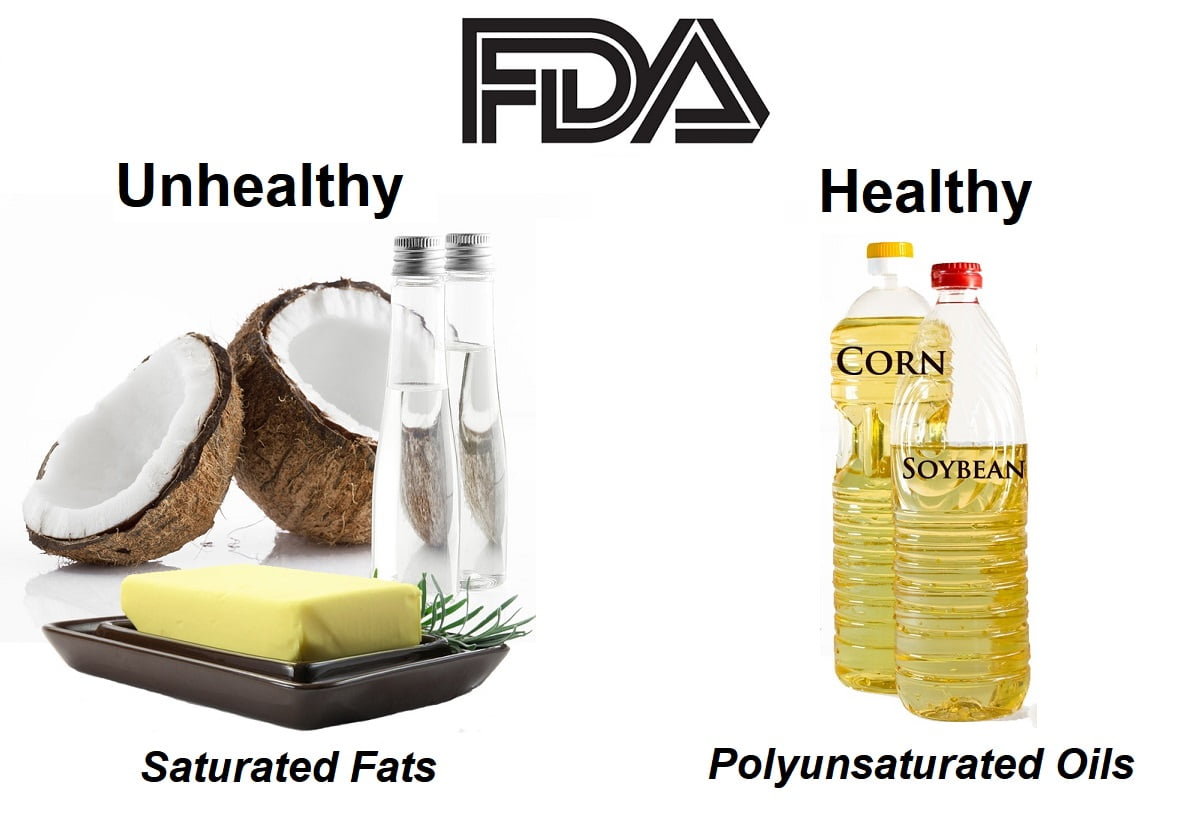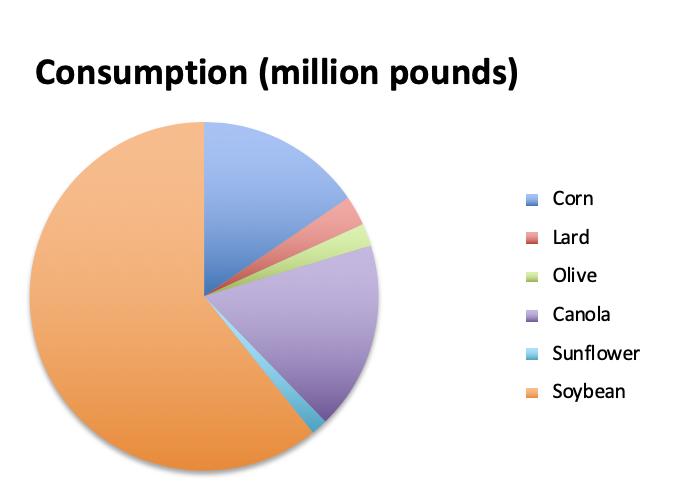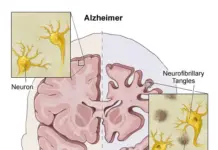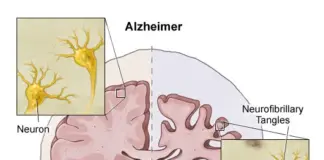
By Bryan MacDonald,
America’s most widely consumed oil causes genetic changes in the brain – Soybean oil linked to metabolic and neurological changes in mice
University of California – Riverside
Press Release
EurekAlert!
New UC Riverside research shows soybean oil not only leads to obesity and diabetes, but could also affect neurological conditions like autism, Alzheimer’s disease, anxiety, and depression.
Used for fast food frying, added to packaged foods, and fed to livestock, soybean oil is by far the most widely produced and consumed edible oil in the U.S., according to the U.S. Department of Agriculture. In all likelihood, it is not healthy for humans.
It certainly is not good for mice. The new study, published this month in the journal Endocrinology, compared mice fed three different diets high in fat: soybean oil, soybean oil modified to be low in linoleic acid, and coconut oil.
The same UCR research team found in 2015 that soybean oil induces obesity, diabetes, insulin resistance, and fatty liver in mice. Then in a 2017 study, the same group learned that if soybean oil is engineered to be low in linoleic acid, it induces less obesity and insulin resistance.
However, in the study released this month, researchers did not find any difference between the modified and unmodified soybean oil’s effects on the brain. Specifically, the scientists found pronounced effects of the oil on the hypothalamus, where a number of critical processes take place.
“The hypothalamus regulates body weight via your metabolism, maintains body temperature, is critical for reproduction and physical growth as well as your response to stress,” said Margarita Curras-Collazo, a UCR associate professor of neuroscience and lead author on the study.
The team determined a number of genes in mice fed soybean oil were not functioning correctly. One such gene produces the “love” hormone, oxytocin. In soybean oil-fed mice, levels of oxytocin in the hypothalamus went down.
The research team discovered roughly 100 other genes also affected by the soybean oil diet. They believe this discovery could have ramifications not just for energy metabolism, but also for proper brain function and diseases such as autism or Parkinson’s disease. However, it is important to note there is no proof the oil causes these diseases.
Additionally, the team notes the findings only apply to soybean oil — not to other soy products or to other vegetable oils.

“Do not throw out your tofu, soymilk, edamame, or soy sauce,” said Frances Sladek, a UCR toxicologist and professor of cell biology. “Many soy products only contain small amounts of the oil, and large amounts of healthful compounds such as essential fatty acids and proteins.”
A caveat for readers concerned about their most recent meal is that this study was conducted on mice, and mouse studies do not always translate to the same results in humans.
Also, this study utilized male mice. Because oxytocin is so important for maternal health and promotes mother-child bonding, similar studies need to be performed using female mice.
One additional note on this study — the research team has not yet isolated which chemicals in the oil are responsible for the changes they found in the hypothalamus. But they have ruled out two candidates. It is not linoleic acid, since the modified oil also produced genetic disruptions; nor is it stigmasterol, a cholesterol-like chemical found naturally in soybean oil.
Identifying the compounds responsible for the negative effects is an important area for the team’s future research.
“This could help design healthier dietary oils in the future,” said Poonamjot Deol, an assistant project scientist in Sladek’s laboratory and first author on the study.
“The dogma is that saturated fat is bad and unsaturated fat is good. Soybean oil is a polyunsaturated fat, but the idea that it’s good for you is just not proven,” Sladek said.
Indeed, coconut oil, which contains saturated fats, produced very few changes in the hypothalamic genes.
“If there’s one message I want people to take away, it’s this: reduce consumption of soybean oil,” Deol said about the most recent study.
Source: https://www.eurekalert.org
Disclaimer: We at Prepare for Change (PFC) bring you information that is not offered by the mainstream news, and therefore may seem controversial. The opinions, views, statements, and/or information we present are not necessarily promoted, endorsed, espoused, or agreed to by Prepare for Change, its leadership Council, members, those who work with PFC, or those who read its content. However, they are hopefully provocative. Please use discernment! Use logical thinking, your own intuition and your own connection with Source, Spirit and Natural Laws to help you determine what is true and what is not. By sharing information and seeding dialogue, it is our goal to raise consciousness and awareness of higher truths to free us from enslavement of the matrix in this material realm.
 EN
EN FR
FR


























Years ago, Mr. Ford of the Ford Motor company warned the public that SOY BEANS AND PEANUTS should never be eaten by humans. He said both are intended for the motor-oil industry and not for human consumption Soy beans are artificial estrogen and consumed soy beans stop a vital function of the pancreas, the production of a enzyme called Trypsin that removes the outer covering of unhealthy and cancer cells so the immune system can identify them as being unhealthy and/or cancerous, where upon it destroys and removes them from the body through the bowel. Soy beans (along with artificial hormones in meats) keeps the pancreas from protecting us from cancers, etc.
Our immune system is designed to function from a healthy digestive system that removes potential problems before they reach the blood stream. Anything injected directly into the blood stream usurps that protective process (vaccines in particular).
And unfortunately, today because canola oil is cheap, CANOLA OIL is being pushed on the public by the food processing industry as being good for us. WRONG!!! It is bad news for anyone interested in being healthy! Used in far too many foods, canola oil should not be consumed by humans.